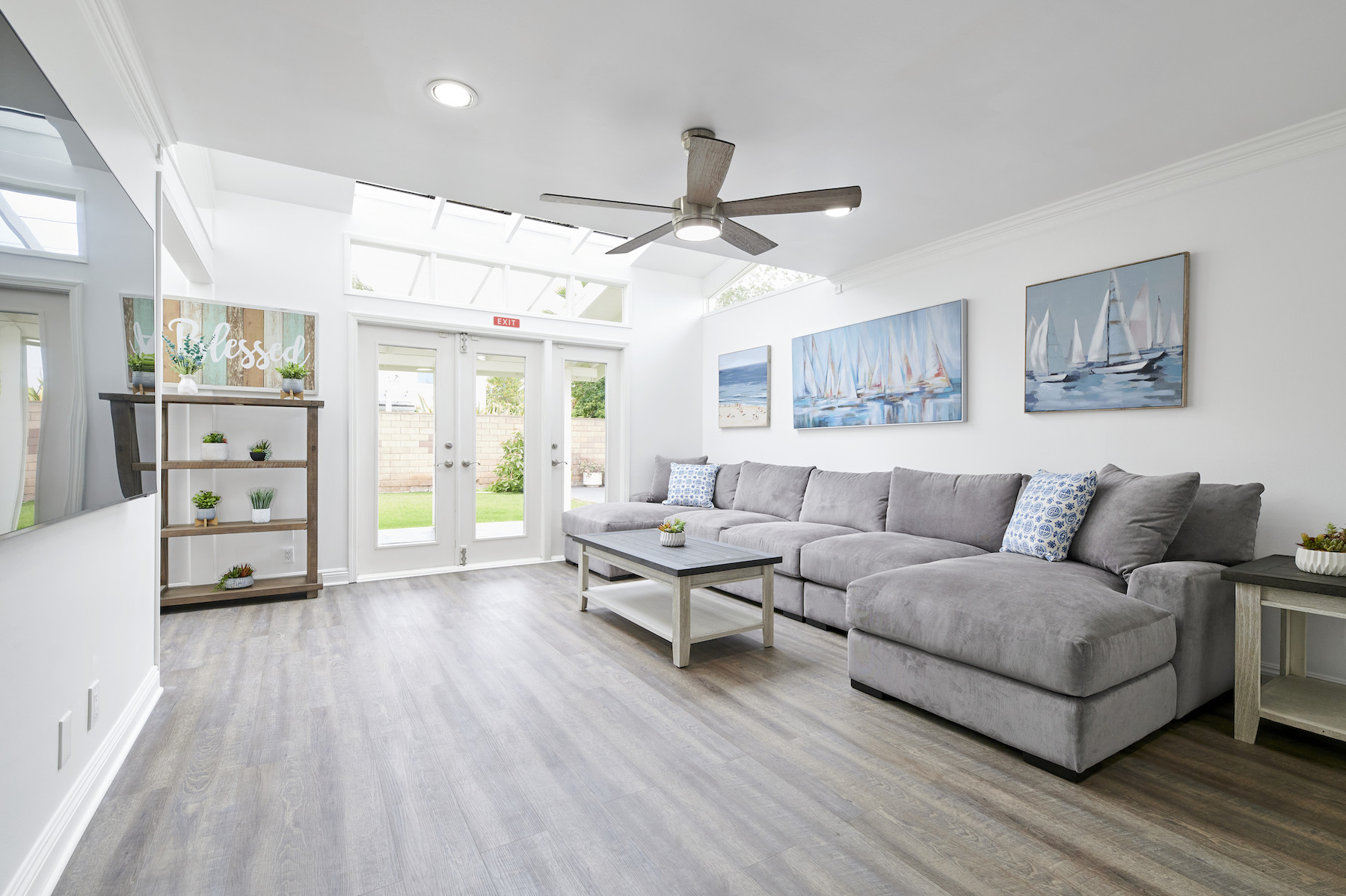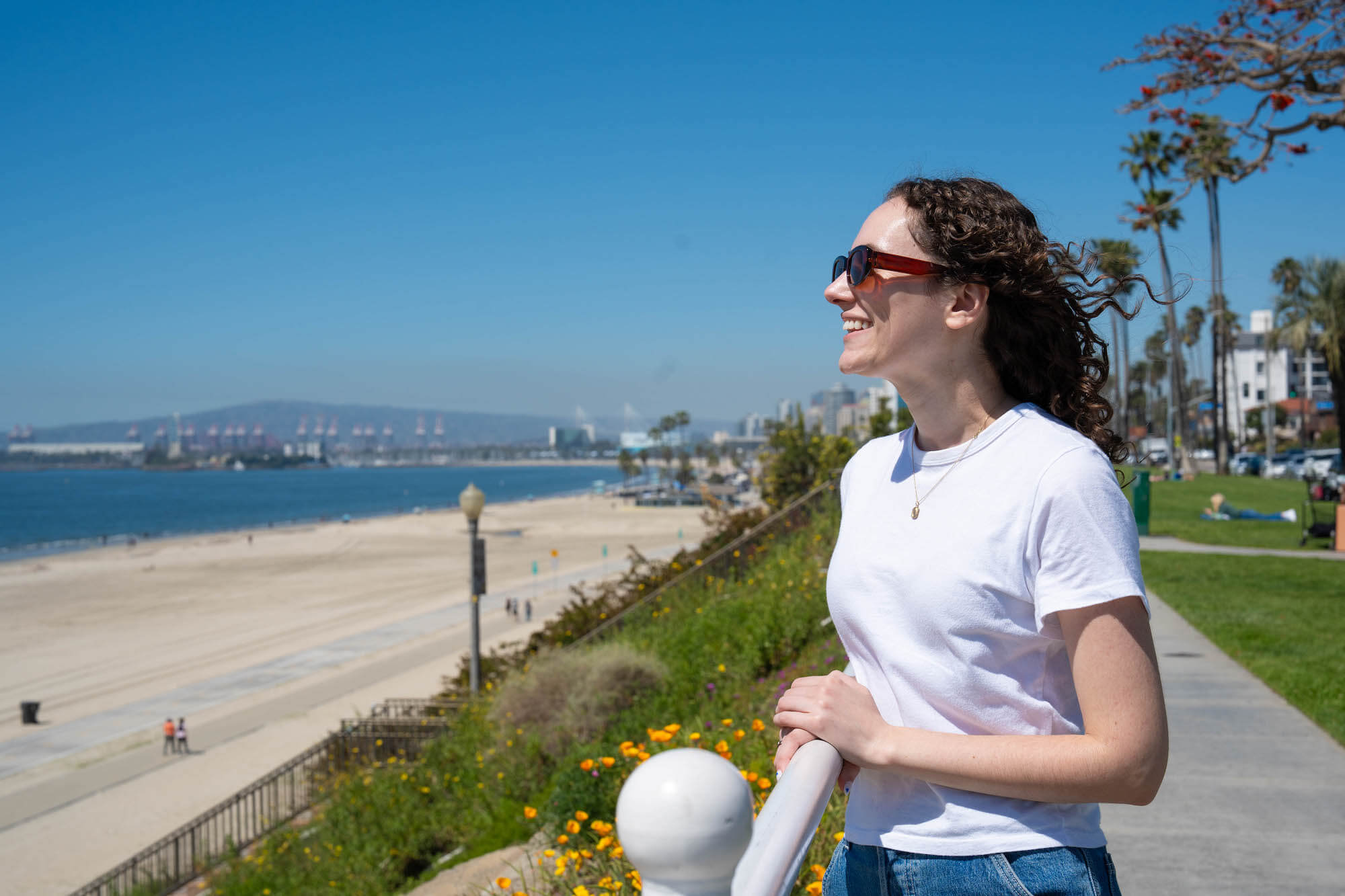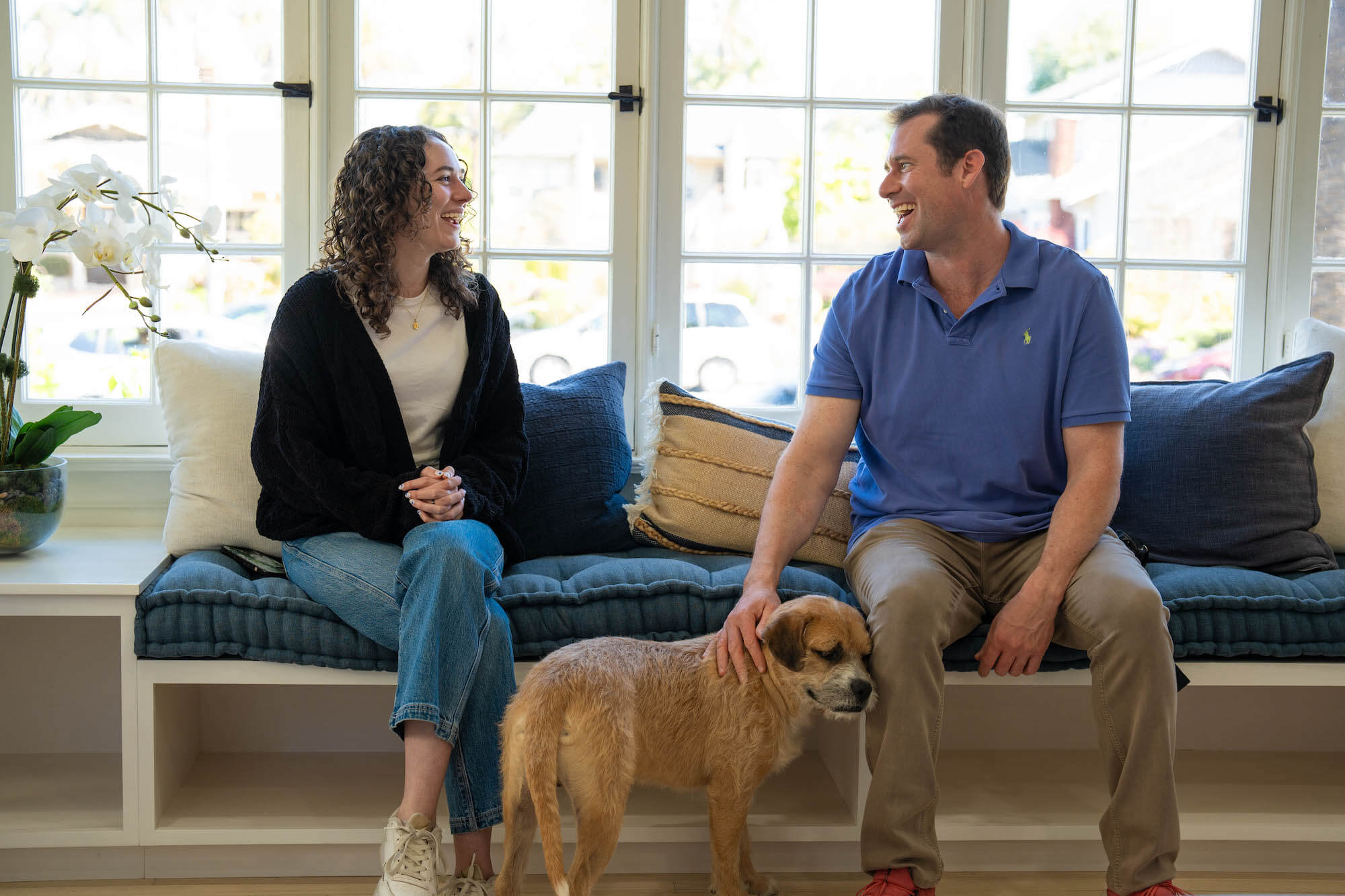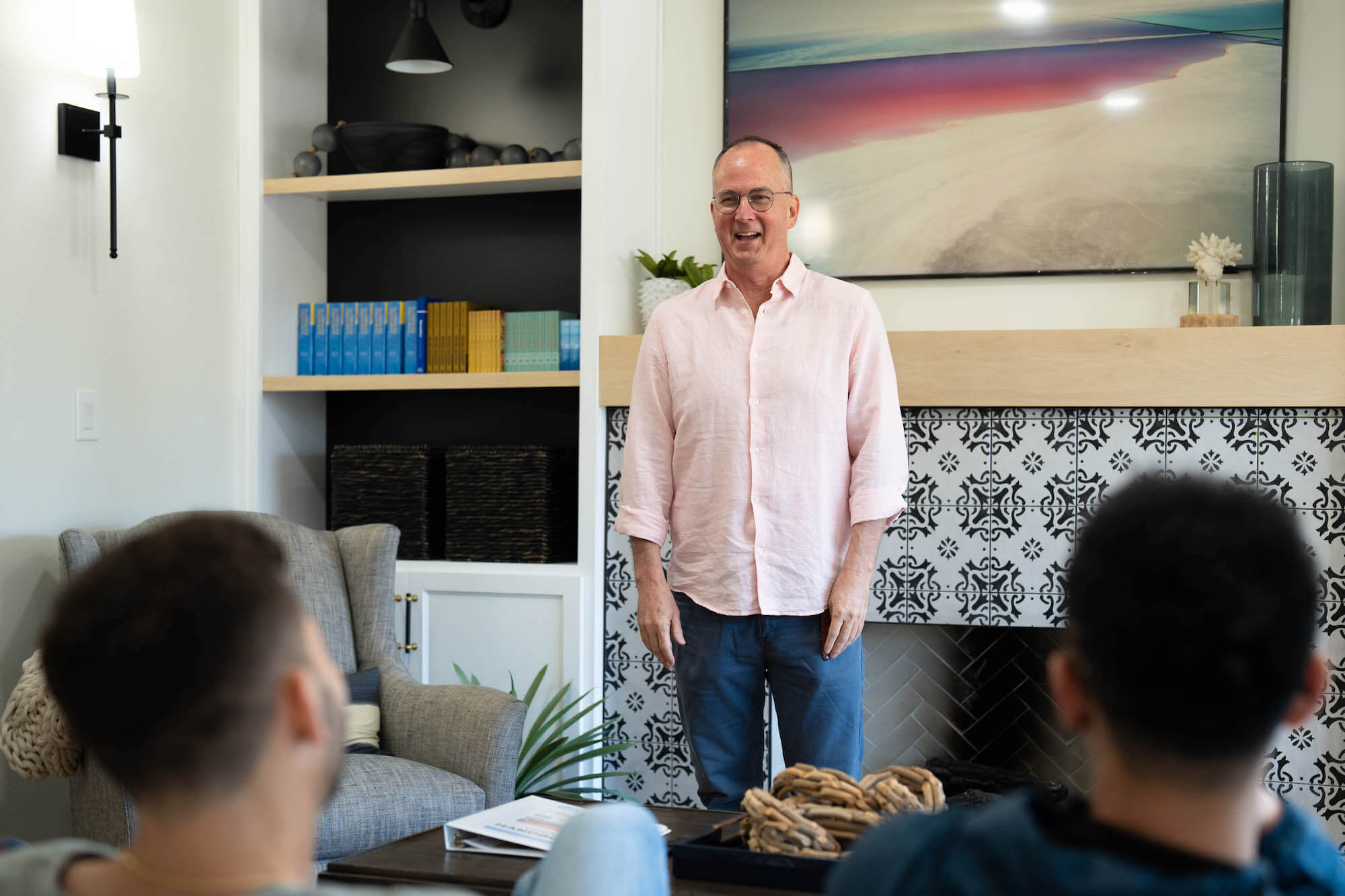During the holiday season, we cherish cheerful traditions, family gatherings, and delightful feasts. Yet, for those battling addictions, recovery and the holidays can feel daunting and overwhelming without drugs or alcohol.
To better equip yourself for recovery during the holidays, develop a plan that can help you steer clear of relapse. This guide to recovery in the holidays is packed with sobriety tips to help you maintain ongoing sobriety in the face of temptation. You will also discover how to create an effective relapse prevention plan.
Steps to Creating Your Relapse Prevention Plan
Crafting a relapse prevention plan is one of the keys to staying sober during challenging times like the holidays. Follow these steps to create a robust holiday relapse prevention plan worksheet so you can thrive during the holidays in recovery.
Self-assessment
Reflect on your triggers, stressors, and past relapse patterns. Understanding your vulnerabilities is the first step to prevention. Holiday triggers and substance abuse need not co-occur if you plan ahead.
Identify warning signs
Recognize early warning signs that indicate you might be at risk of relapse. These could include increased stress, emotional turmoil, or thoughts of using substances.
Establish boundaries
Set clear boundaries with yourself and communicate them to friends and family. Ensure that they understand your commitment to sobriety.
Build a support network
Strengthen your support system to minimize the chance of addiction and the holidays coinciding. Reach out to a sponsor, counselor, or sober friends who can provide guidance and encouragement.
Develop coping strategies
Create a list of healthy coping strategies to manage triggers and cravings. This may involve deep breathing exercises, mindfulness techniques, or engaging in hobbies that you enjoy.
Plan alternative activities
Plan sober activities and alternatives to substance-centric events during the holidays. Explore new traditions that reinforce your commitment to sobriety.
Emergency contacts
Compile a list of emergency contacts, including your sponsor, support group members, and crisis hotlines. Keep it readily accessible for when temptation strikes.
Self-care routine
Prioritize self-care by maintaining a daily routine that includes exercise, meditation, and adequate sleep. A healthy lifestyle can fortify your resilience while boosting physical and mental health.
Celebrate milestones
Acknowledge your achievements and milestones in recovery. Celebrate your progress, reinforcing your motivation to stay sober.
Seek professional help
Don’t hesitate to reach out to addiction professionals or therapists for guidance in developing and fine-tuning your relapse prevention plan. You can also access resources like a holiday relapse prevention plan PDF or a holidays in recovery worksheet if you are struggling to get started.
Practice mindfulness
Incorporate mindfulness practices into your daily routine. Mindfulness can help you stay present and better manage stressors.
Regularly review your plan
Periodically review and update your relapse prevention plan to make sure that it remains relevant and effective in different situations.
By following these steps and tailoring your relapse prevention plan to your unique needs and circumstances, you can significantly enhance your ability to maintain sobriety, even during challenging times like the holiday season.
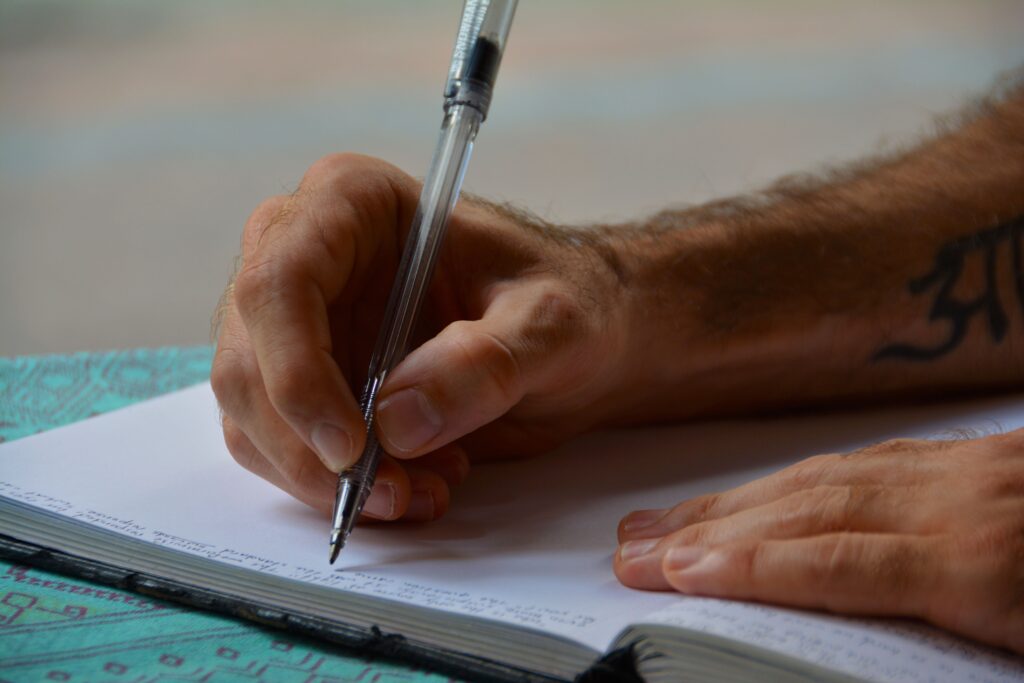
Common Holiday Triggers to Be Aware Of
The holiday season can bring unique triggers that challenge sobriety. Be mindful of these common holidays and recovery triggers:
- Social pressure: Social gatherings often involve alcohol, making it tempting to drink to fit in or alleviate discomfort.
- Emotional stress: High expectations and family dynamics can lead to emotional stress, triggering cravings for drugs or alcohol.
- Holiday memories: Nostalgia for past holidays involving substance use can increase the risk of relapse.
- Loneliness: For some, the holidays can intensify feelings of isolation and loneliness, which may drive cravings.
- Accessibility: The prevalence of addictive substances at holiday events makes access easier and relapse more likely.
Halloween Relapse Triggers
Halloween can pose specific relapse triggers:
- Costume parties: Many Halloween parties involve alcohol. Choose sober events or attend with a supportive friend.
- Candy substitutes: Replacing one craving with another – like substituting candy for alcohol – can be a potential trigger. Be mindful of sugar consumption.
Thanksgiving Relapse Triggers
Thanksgiving presents its unique challenges:
- Family gatherings: Family dynamics and stress can be heightened during this holiday. Be prepared to manage emotions.
- Food coma: Overeating can lead to discomfort or guilt, potentially triggering cravings. Monitor your food intake carefully.
Christmas Relapse Triggers
Christmas brings its own set of triggers:
- Gift-giving stress: The pressure to give and receive gifts can create anxiety. Remember the value of your presence over presents.
- Holiday parties: Alcohol is usually readily available at Christmas parties. Prioritize sober celebrations or have a non-alcoholic beverage in hand.
By recognizing these triggers and developing strategies to address them, you can navigate the holiday season with confidence and maintain your commitment to sobriety.
How to Stay Sober During the Holidays
Maintaining sobriety during the holiday season can be challenging, but it is achievable with careful planning and commitment. Here are some practical steps to help you stay sober during this festive time.
Prioritize self-care
Dedicate time for self-care practices, including exercise, meditation, and relaxation techniques. Take care of your physical and emotional well-being during the holiday period and beyond.
Communicate your sobriety
Inform friends and family about your commitment to sobriety. Open and honest communication helps set clear expectations and gain support.
Attend sober events
Seek out alcohol-free gatherings and activities. Joining sober events provides a supportive and substance-free environment.
Bring your sober support
Invite a sober friend or family member to accompany you to holiday gatherings. Having a supportive companion can offer strength and encouragement.
Plan an escape route
Develop an exit strategy for situations where you feel uncomfortable or triggered. Knowing how to leave a challenging environment is empowering.
Practice saying no
Politely decline offers of alcohol or drugs with a firm but gracious “No.” Prepare responses in advance to help you assert your boundaries.
Create non-alcoholic options
Prepare or request non-alcoholic beverages at gatherings. Having enjoyable alcohol-free alternatives can make socializing easier.
Stay connected to support
Attend support group meetings regularly. Staying connected with your recovery community provides valuable encouragement.
Avoid high-risk environments
Be selective about the events you attend. Prioritize gatherings that are alcohol-free or less likely to trigger cravings.
Mindful reflection
Reflect on your journey and the reasons you chose sobriety. Reminding yourself of the positive changes it has brought can strengthen your resolve.
Be grateful
Embrace the spirit of gratitude during the holidays. Focus on the blessings in your life and the progress that you’ve made in your recovery.
Seek professional help
If you find the holiday season unduly challenging, consider seeking guidance from addiction professionals or therapists. Remember that staying sober during the holidays is an achievement worth celebrating. By proactively planning, prioritizing self-care, and seeking support, you can enjoy the festivities with confidence, resilience, and a clear commitment to your well-being.

Get Help for Recovery During the Holidays at Gratitude Lodge
Holidays can be stressful and challenging for those grappling with substance use issues. If you or a loved one needs help initiating recovery from addiction during the holidays, reach out to Gratitude Lodge in Southern California.
For those who are dependent on drugs or alcohol, our supervised medical detox program will streamline the withdrawal process and help you move into ongoing treatment at one of our pet-friendly rehab centers in Long Beach or Newport Beach, CA.
You can engage with a personalized blend of the following treatment at our 30-day inpatient program:
- Medication-assisted treatment
- Psychotherapies
- Group therapy
- Individual therapy
- Family therapy
- Holistic therapy
- Aftercare support and planning
Whether you have relapsed in your recovery or you require first-time addiction treatment, call 800-994-2184 today for immediate assistance.

















